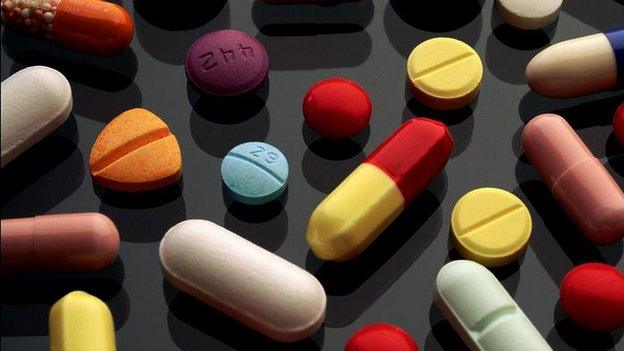Why is everyone talking about antibiotics?
- Published
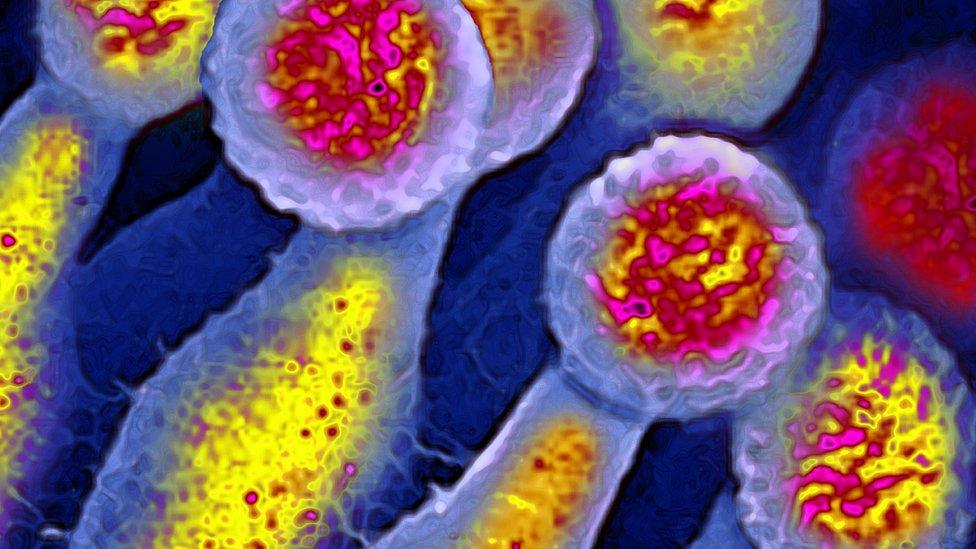
You might have heard of a type of medicine called antibiotics. Maybe you've even been given them by a doctor.
Antibiotics are in the news today.
Wondering why? Here's everything you need to know.
What are antibiotics?
Antibiotics are a special group of medicines that can kill bacteria or prevent it from spreading.
The first antibiotic was penicillin which was discovered 90 years ago by a chemist called Alexander Fleming.
Since then, more than 100 new antibiotics have been developed.
The drugs are responsible for killing the bacteria that causes many serious infections such as tonsillitis, bronchitis and pneumonia.
They're also used to prevent infections when people have surgery.
An antibiotic is a substance that destroys or limits the growth of micro-organisms, like bacteria.
Natural antibiotics are produced by living organisms (like penicillin, which is produced naturally by mould), but they can also be man-made in a laboratory, in which case they are called synthetic antibiotics.
Antibiotics do not work on viral infections like colds and flu.
The name antibiotic comes from Greek, where 'anti' (ἀντι) means 'against' and 'bios' (βίος) means 'life', as they kill the life of bacteria.
What are the problems with antibiotics?
Bacteria can learn to change so that the antibiotics no longer work to kill them off . This is called antibiotic resistance.
At the moment, if one type of antibiotic drug doesn't work, trying different types can make a difference.
But as bacteria learn to block the different types of medication, the options for treatment go down.
Experts say doctors could be prescribing antibiotics too often, and sometimes giving them to patients who don't really need them.
They warn that the more that antibiotics are used, the quicker the bacteria can learn to resist them.
For several years the NHS and other health organisations around the world have been trying to use antibiotics less often.
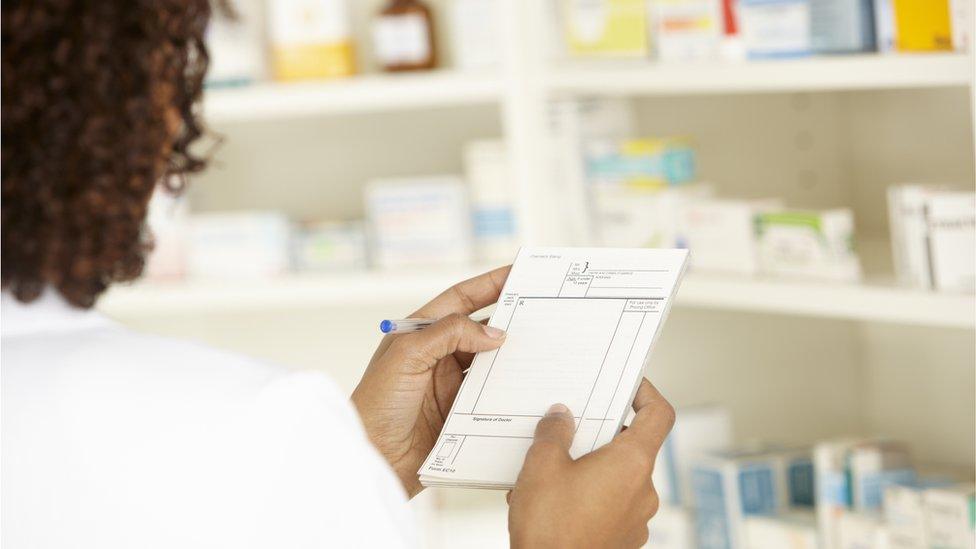
Why are antibiotics in the news today?
The issue of antibiotic resistance will be discussed at a big meeting called the World Economic Forum today.
The UK's Secretary of State for Health, Matt Hancock, will appeal to other leaders from around the world to take action on the over-use of antibiotics.
In his speech he will call antibiotic resistance as important as climate change as he reveals a plan to tackle the problem.
- Published27 September 2018
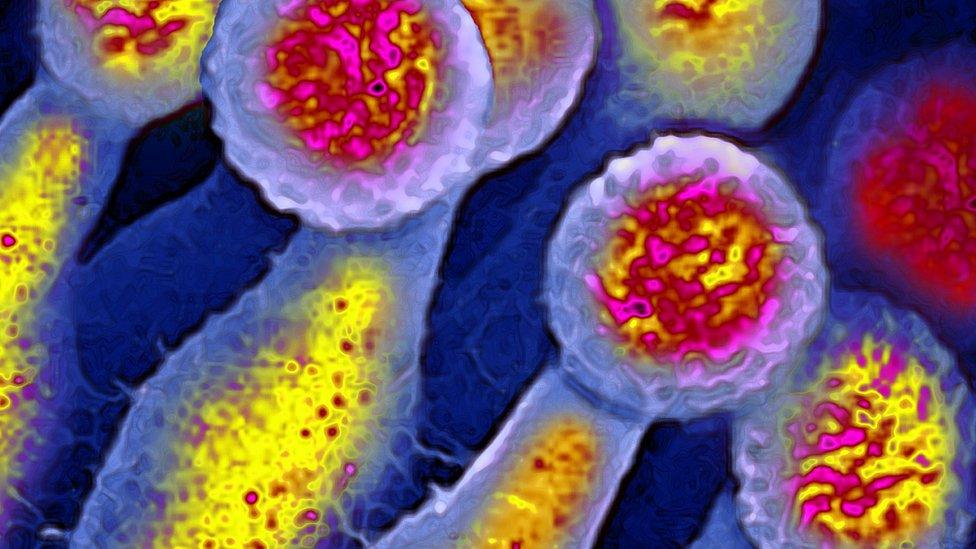
- Published5 July 2023
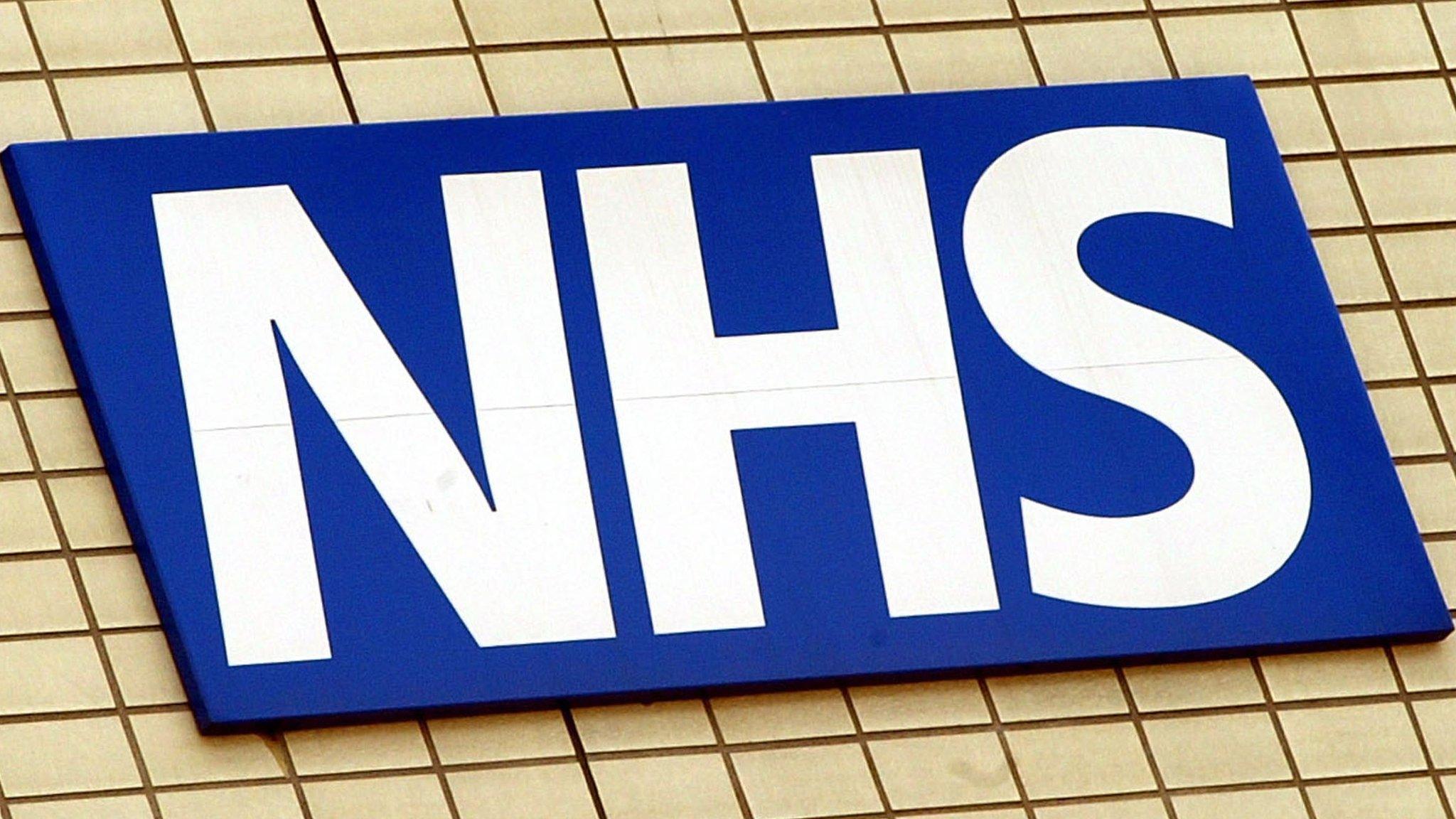
- Published19 June 2014
